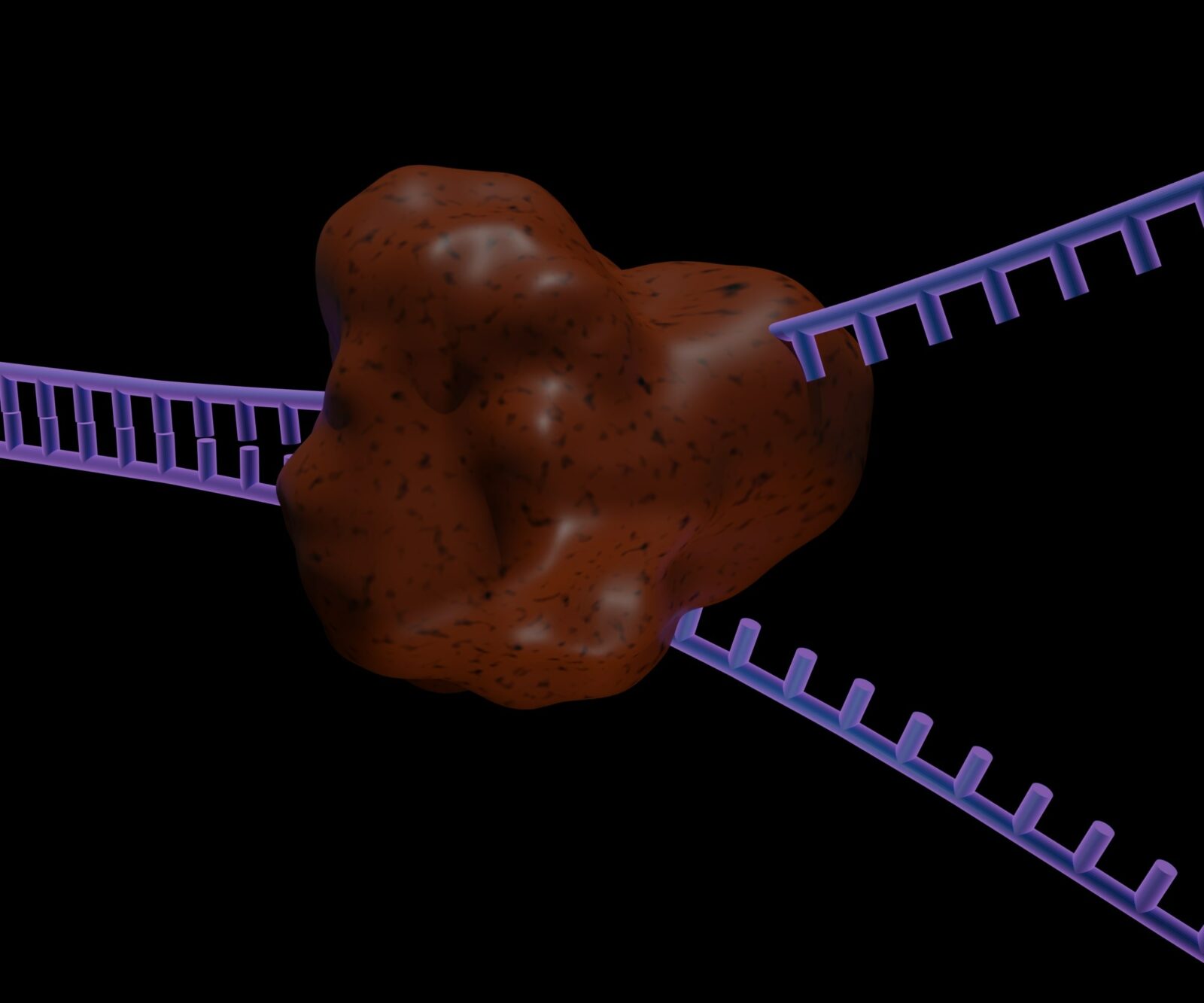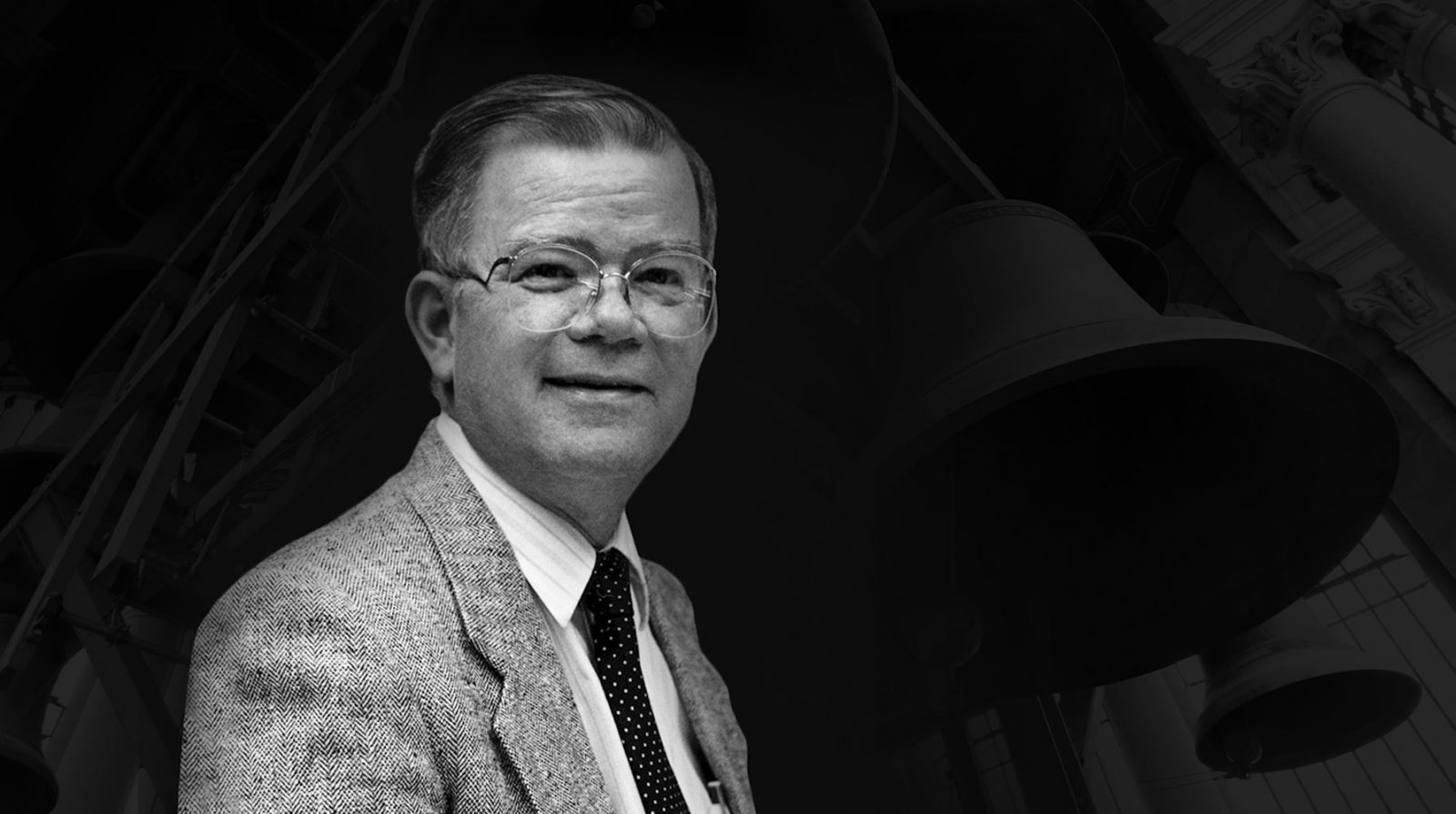


Jonathan McLatchie on Classic Examples of Irreducibly Complex Systems

Michael Behe on the Growth of ID via the Growth of Science
On this ID the Future, Michael Behe continues discussing A Mousetrap for Darwin, his newest book. Understanding of the cell has grown “by leaps and bounds” since the 1990s, when Behe’s first book appeared. Fresh discoveries have revealed ever more complex structures inside the cell. As Behe explains, it isn’t just the bacterial flagellum that’s irreducibly complex; the “hook” region inside the flagellum is, too. Evolution’s proper place of study has moved from gross anatomy and population genetics to biochemistry. In his conversation with host Eric Anderson, Behe says that intelligent design theory’s predictions are coming true over time, while for every step of increasing knowledge, it gets “worse and worse” for the theory of evolution by undirected unintelligent processes. Purchase his latest book here.

Paul Nelson on Listening to Nature for Her Answers
On this episode of ID the Future, philosopher of science Paul Nelson concludes his talk with host Andrew McDiarmid on what it takes to converse effectively with scientists who are trapped in a naturalistic parabola — that is, researchers who draw their conclusions from naturalism’s authority rather than following the evidence wherever it leads. Nelson urges us to keep the third party in the conversation: Nature herself. We listen to nature through experiment, he says, and warns against the message from scientists such as CalTech’s Sean Carroll who have suggested that testing is “overrated.” If we listen and test, nature can keep revealing herself in surprising ways, says Nelson, which is what makes science so fun.

Honoring Phillip Johnson, Pt. 2: Jonathan Wells and Paul Nelson
Today’s episode of ID the Future comes from a Berkeley, California symposium honoring the recently deceased Phillip Johnson. Biologist Jonathan Wells recalls how he met Johnson and the huge influence he had on Wells’ own research and writing. Then philosopher of biology Paul Nelson reminisces on Johnson’s keen intellect, his eye for hidden assumptions, his awareness that “we are not of our own devising,” and on the mountain range of new knowledge opening up to us in biology, one that scientists knew little about even 30 years ago and that Nelson says points strongly away from Darwin’s idea of common descent.

Front-Loading and Theistic Evolution
This video episode of ID the Future features Dr. Stephen Meyer, author of Signature in the Cell, discussing the proposal of some theistic evolutionists that all of God’s design of the world must have been “front-loaded” at the beginning of the universe. This is based on his essay in God & Evolution Protestants, Catholics and Jews Explore Darwin’s Challenge to Faith.